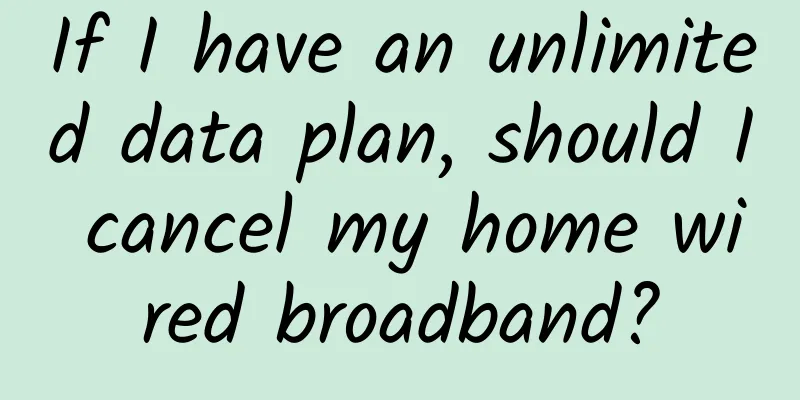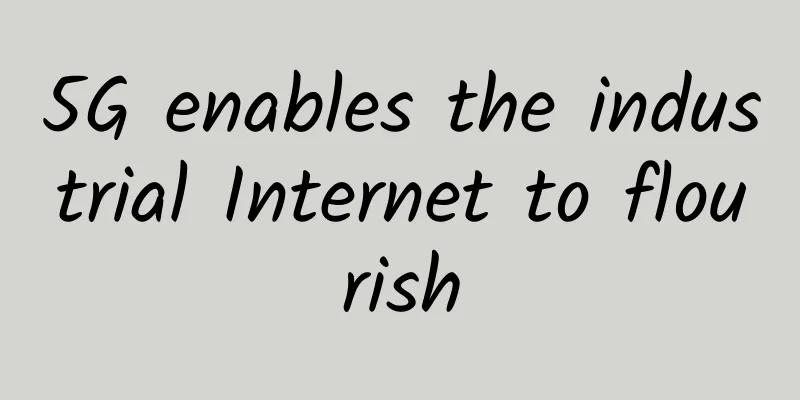If I have an unlimited data plan, should I cancel my home wired broadband?

|
In fact, if it is a truly unlimited data package, most home wired broadband can indeed be cancelled, and the Internet needs of other devices in the home, such as home computers, can be met by opening a hotspot on the mobile phone. However, the current unlimited data packages for general users are actually a substitution of concepts. The data is unlimited, but the speed will be limited after exceeding the data set in the package. There are many types of unlimited data packages. The packages with lower thresholds can even be as low as 30 yuan. Of course, there are also packages with higher thresholds of around 300 yuan. The difference lies in the speed limit threshold. For example, the threshold of 30 yuan may be 10G, and the threshold of 300 yuan may be 100G, and so on. Therefore, as far as the current situation is concerned, mobile networks cannot replace home wired broadband. Home wired broadband generally carries large-volume network activities, such as movie downloads, which generate very high traffic. General unlimited traffic packages are difficult to cover. If you apply for a higher unlimited traffic package to cover this huge traffic, it may not be worth the loss. After all, wired broadband charges are relatively low now. And low-capacity packages can hardly do anything after the speed limit. The current general speed limit is only 1M for the downlink speed, and the speed for downloading files is only 125kb/s. However, this situation may soon improve. It is understood that some operators are currently brewing a new "game" - grading the downlink speed after the speed limit, such as limiting 1M, 3M or 5M. Apart from the tariff issue (which can be quickly resolved through market forces), what other obstacles are there for mobile networks to replace wired networks? In fact, the debate about mobile networks replacing fixed wired networks has been popular since the 3G era, but it has never been realized. Even China Mobile, the most active advocate at the time, has begun to promote the development of wired broadband networks on a large scale in the past two years. Why? In fact, there are still many technical constraints, such as the capacity of mobile network base stations, the number of connections, and the stability and latency of mobile networks. In terms of these technical aspects, mobile networks are still a certain distance away from fixed wired broadband networks. There is another problem. With the popularity of smart homes, many home appliances have Internet access, so there is a demand for 24-hour Internet access. This requires a stable network environment that is online 24 hours a day, which is not available in mobile hotspots. So, if you want to cancel your home wired broadband, you may have to wait for a while. |
<<: 5 must-have software tools for software-defined storage
>>: F5 Launches F5 Advanced WAF for Multi-Cloud Application Security
Recommend
What is 5G network slicing?
In today's fast-paced, hyper-connected world,...
Are the operating data of the three major operators good with number portability and 5G commercial use?
On October 31, the three major domestic operators...
Edge Data Centers and the Impact of 5G
A new category of data center will become a major...
I have seven solutions for implementing real-time web messaging
I have a friend~ I have built a small website, an...
Banks jointly explore new driving forces for transformation in 2021: large banks are preparing for qualitative changes while small banks are bridging the digital divide
In 2021, my country's "14th Five-Year Pl...
KVMLA: 20% off monthly payment and 50% off annual payment for all SoftBank VPS in Hong Kong/Singapore/Japan
During the Black Friday and Double 11 period, KVM...
spinservers: $99/month-E3-1285v5/32GB/1TB NVMe/10Gbps/San Jose data center
Last week we shared the news that spinservers is ...
Everyone has seen the website 404 error. Do you know why it is 404?
Whenever a "404 error" appears when bro...
Wi-Fi 6 is here: These 12 questions will clarify it for you
5G is here, and WiFi 6 is here too. Everyone has ...
Solution to Failed to start LSB: Bring up/down networking when starting CentOS
I encountered this problem on a physical server. ...
Linux will support new network technology based on Li-Fi
According to phoronix, Li-Fi technology supplier ...
China Mobile and China Broadcasting Corporation initiate strategic cooperation to jointly build and share 700MHz 5G network
On January 27, China Mobile and China Broadcastin...
DogYun's new Hong Kong MG VPS starts at 70 yuan per year, 1GB memory/20G SSD/1TB monthly traffic
DogYun (狗云) Classic Cloud Server has a new Hong K...
BuyVM Las Vegas all packages restocked from $2/month, 1Gbps unlimited traffic, small amount restocked in Luxembourg/New York/Miami, etc.
All packages in BuyVM's Las Vegas data center...
Maxthon Hosting 20% off, Hong Kong High Defense VPS monthly payment starts from 160 yuan, 20-50Gbps protection, dual IP
There are many merchants selling Hong Kong VPS, b...









